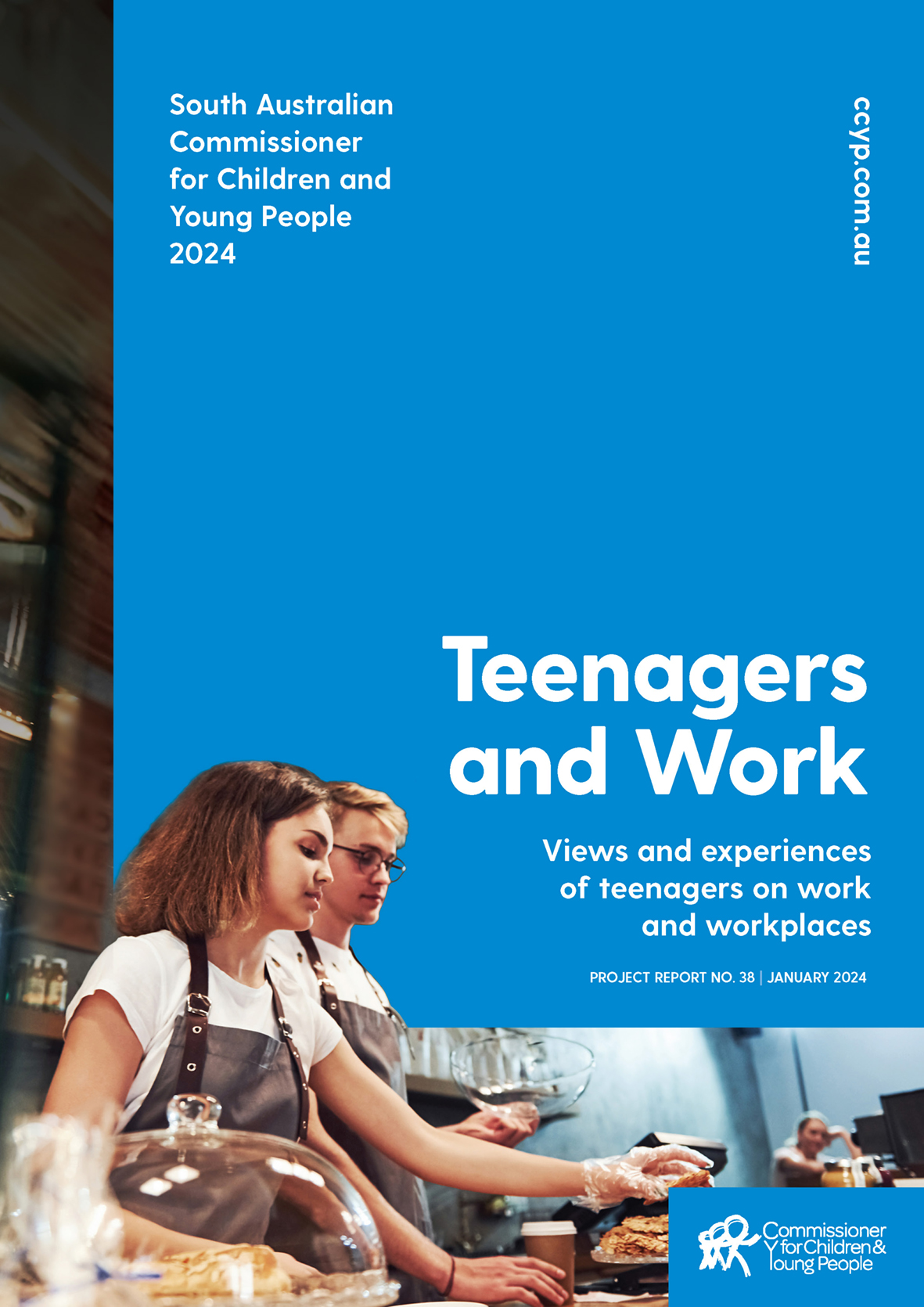Young people’s experiences of work impact their lives in many ways – not only in terms of their present and future workforce participation, but also in relation to their health, safety, wellbeing and education outcomes.
For teenagers, having a paid job during high school is an extremely common experience. This is clear from the hundreds of conversations the Commissioner has had with young people over the past five years.
In order to provide appropriate workplace education and support, we need to understand what teenagers themselves say about the positive and negative aspects of work. This includes listening to their perspectives on what work provides them in terms of skills for adulthood and financial independence, as well as their vulnerability to exploitative work practices and injury.
Adults must provide the frameworks that keep teenagers protected while they’re at work, ensuring they have clear information about their rights and responsibilities and are empowered to act when things go wrong. To do this, policy makers and employers need to better understand the experiences teenagers have while at work.

